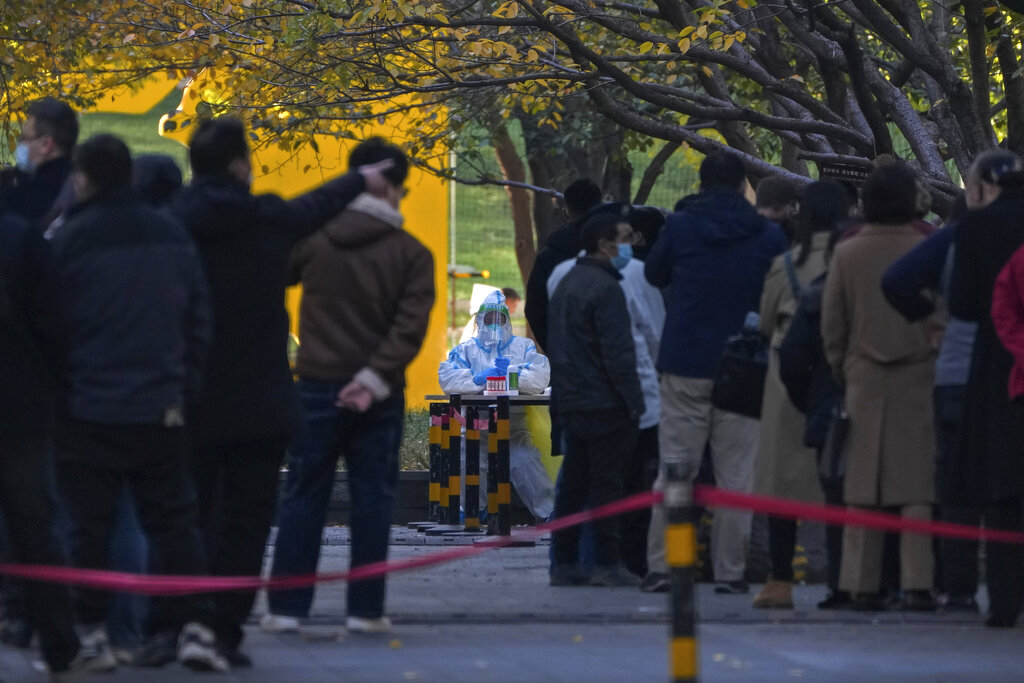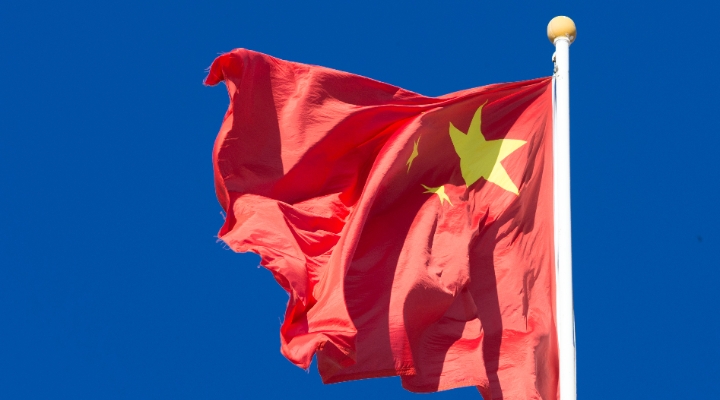
The extreme volatility and bearishness that hit Chinese stock markets this year seems to have eased somewhat, with Morningstar China Index gaining 3.3% over the past month. One of the big reasons for this has been the rally in leading Chinese healthcare stocks.
Jay Lee, senior equity analyst, believes the rally, which started around mid-October, was fuelled by “modestly positive policy developments”. For example, the Chinese authorities are considering milder price cuts for drugs covered under the bulk-buy program (meaning those included in the National Reimbursement Drug List) and are also considering supportive measures like medical equipment subsidies.
Betting on COVID Restrictions Removal
Broad-market indexes also rallied on unconfirmed rumours of Beijing’s pending relaxation of its zero-COVID approach. This positive driver also helped healthcare stocks shoot higher, extending their rally to November. After the rally, officials at the National Health Commission made comments that dispelled the rumours and said the country would “unswervingly” stick to its zero-COVID approach.
Since October 11, Genscript Biotech Corp (01548) gained 50.8%. Innovent Biologirics (01801) and Shanghai Junshi Biosciences (01877) followed, gaining 45.0% and 36.2%, respectively. All other stocks in our coverage universe gained, and most advanced with a double-digit change. However, even after this rally, many stocks still had a tough year. I-MAB (IMAB), for instance, plunged 91.1% year-to-date and Shanghai Junshi accumulated a 46.8% loss.
While the timeline of a faster reopening or an end to the strict pandemic policies is still unclear, Lee believes a removal of those restrictions could be a positive catalyst for healthcare and biotech names and investors should continue to watch for such changes. “An end to zero-COVID will have concrete implications for earnings prospects and pipeline advancement for Chinese healthcare companies. It will stabilize hospital drug sales in the domestic market, remove barriers to onsite inspections by foreign regulators for the global market, and remove the risk of COVID lockdowns delaying the progress of clinical trials,” explains Lee.
Political Risks and Hurdles for Drugmakers
For the near term, Lee says the sector could remain volatile as the sentiment remains net negative. Also, concerns for the sector are not limited to COVID.
“Other major turnaround signals for the sector include clarity on where the ‘floor’ of follow-on drug pricing will be for China’s domestic market, a rebound in U.S. biotech funding, signs of normalization between the U.S. and China’s leaders, and advancement of novel targets in Chinese drugmakers’ pipelines,” he says.
Lee expects political reasons to remain a hurdle for Chinese drugmakers. “The U.S. will likely move several China biotech companies to a restricted entity list, which would limit their ability to have commerce with the U.S.” Other than politics, follow-on drugs that are designed by Chinese firms could face hurdles as regulators require differentiated patient data.
Our 2 Top Healthcare Stock Picks
Our analysts continue to think most Chinese healthcare names under our coverage offer attractive value. At present, Morningstar’s top pick for the sector is WuXi Biologics (002269), which trades at a 43% discount to our fair value estimates.
Lee thinks WuXi will be among the first stocks to recover from the depressed sentiment for Chinese healthcare. WuXi’s non-COVID revenue for the first six months of 2022 increased 73% year on year and management is guiding to 65% growth for the full year. “We interpret this as a positive sign, as it suggests that the company can still enjoy strong growth momentum after the revenue from COVID-19 declines,” Lee explains.
Secondly, WuXi is the best positioned among Chinese contract service organizations, or CXOs, to adapt new regulatory changes imposed by the U.S. In September, U.S. President Joe Biden signed an executive order to encourage building out a domestic biologics supply chain. Medicinal biologics, which are a major source of revenue for CXOs, is also included.
“In a bear case “decoupling” scenario where the U.S. government requires most of U.S. biotechs’ supply chains to be domestic, we think WuXi is best positioned among Chinese CXOs to adapt,” says Lee. He thinks the firm’s experience operating facilities in Western countries via its Ireland and Germany facilities would be helpful. “WuXi should have the resources to set up more facilities in the U.S. if this is ultimately what its clients require,” he adds.
On the other hand, investors should be mindful that while the stock is currently cheap, the company has not established an economic moat. Lee says most of the firm’s business comes from early-stage projects which have shorter contracts and high risk of failure. “The company is growing at an explosive rate and boasts world-class technology and services, so it is entirely possible it could develop a moat backed by long-term switching costs from a diversified client base within the next few years.”
His next pick is narrow-moat Innovent Biologics, which trades at a 34% discount to our fair value estimate. Lee describes that its pipeline is the most “de-risked” among his China biotech coverage.
“The company has a rich pipeline of novel drugs for the China market. Most of the targets are well studied or already validated by other drugmakers, and Innovent is trying to add its differentiation with new modalities and technologies. Although this means it is not highly innovative in flavor, we think it also means the risk of failure is much lower,” he adds.











.png)





.jpg)





